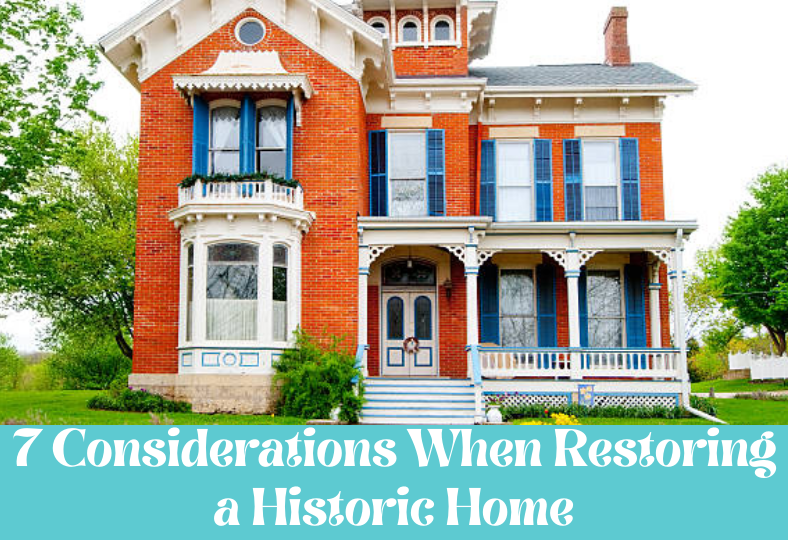Restoring a historic home can be a very daunting task. From simple renovations to preserving historical and architectural details, everything should be thought out. However, if you’re new to owning a historic home, chances are you will be shocked at just how much research you can do on your own to bring your home back to its former beauty. There are a few things to consider when restoring a historic home.
Consider Hiring a Licensed Restoration Contractor
When you start a restoration project, it is easy to simply hire someone to do the work for you. But, before you start any major restorations, it is important to find an expert to inspect the house and check for structural problems that might affect the stability of the house. A qualified restoration contractor should be familiar with historical house appraisal data as well as having experience working with historic houses. Restoration contractors are well-versed in the details of the renovation process and you can rest assured that your renovation will not only be completed on time, but it will also be safe and effective.
In most cases, a licensed restoration contractor will be required to obtain a permit from the local government before restoring any historical home. The permitting process varies from city to city, state to state and even sometimes from county to county. These professionals will work closely with their city, state, or county counterparts to determine the scope of the work and the exact regulations that must be followed in the process. This is why it is important to review the guidelines prior to beginning any project.
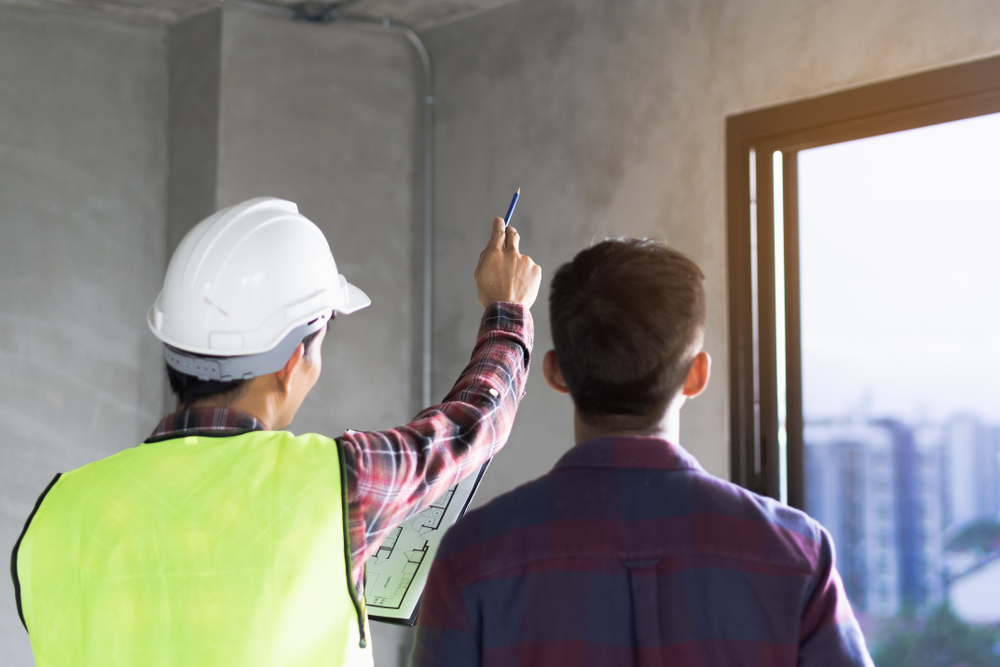
Consider the Structure of Your Historic Home
How do you plan on keeping the period features of the house such as the porch, the interior foyer, or the exterior fireplace? How are you going to make these features functional in the modern day? How will you preserve the period charm that has been enjoyed by the house throughout its long history? For example, if the original house had a garden, what would you do to ensure its continued beauty after the renovation? Talk to a trusted real estate agent to obtain additional information on the structure of your home and its history.
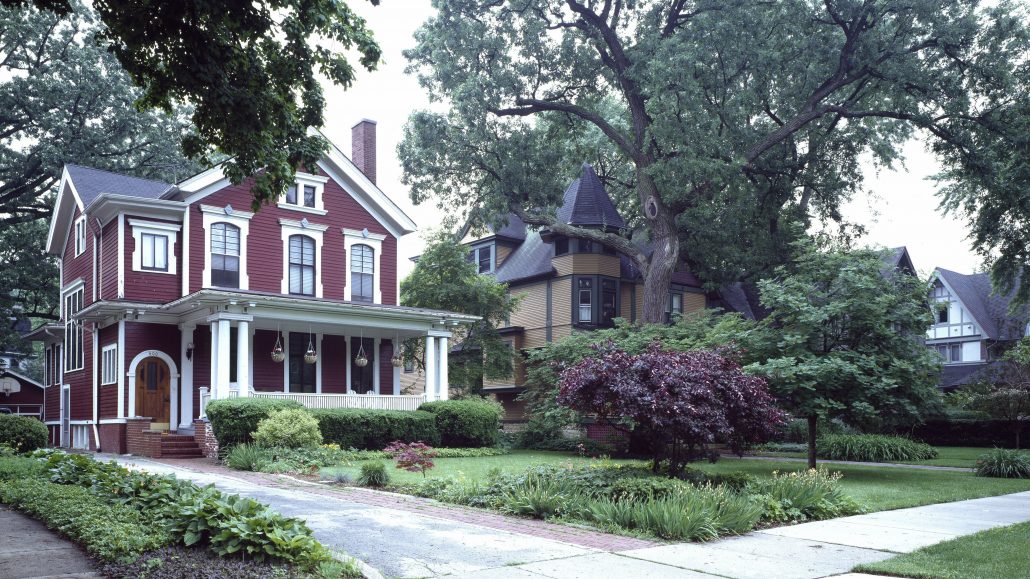
Consider the Age and Condition of Your Historic Home
Oftentimes, houses that were once used as a summer home for affluent families are still in fairly good condition. However, older houses are often filled with antiques and period furnishings that have seen better days. There can only be so much restoration that can be done depending on the age and condition of the historic home. You do not want to cause any further damage if the house is already at an extremely old age. On the other hand, older historic homes are great real estate investment projects and, with the help of a real estate agent and restoration expert, certain restorations can be made beautifully.
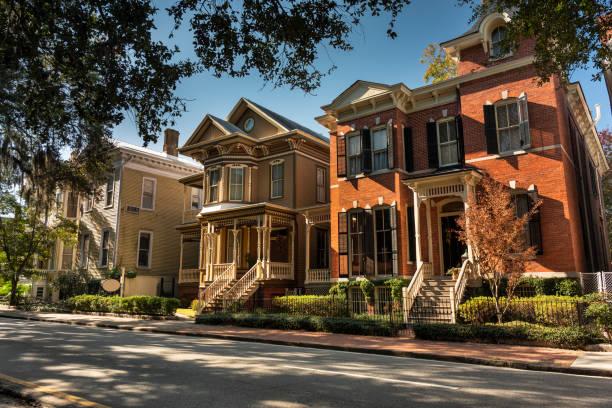
Review the Building Regulations In Your Area
Each town and county have different rules and regulations when it comes to home renovations. Be sure that you completely understand all of the restrictions that will be placed on the renovation project. If you are working with a licensed professional, he will be able to inform you of the applicable laws and regulations. When it comes to historical houses, your permit is most likely required before construction can even begin.
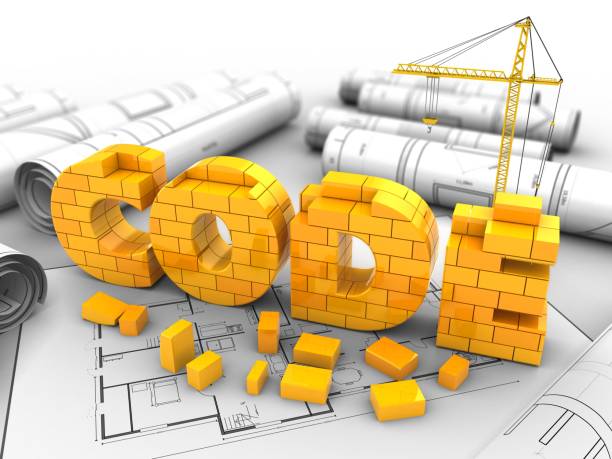
Research the Local History
After making all of the above considerations, your renovation expert should be able to give you some background information about the historical home you are restoring. He or she should be able to tell you what it was like during different seasons, who lived in the house, and whether or not there were pet dogs or cats living in the house. If there are artifacts in the house, your restorer should be able to tell you what they are.
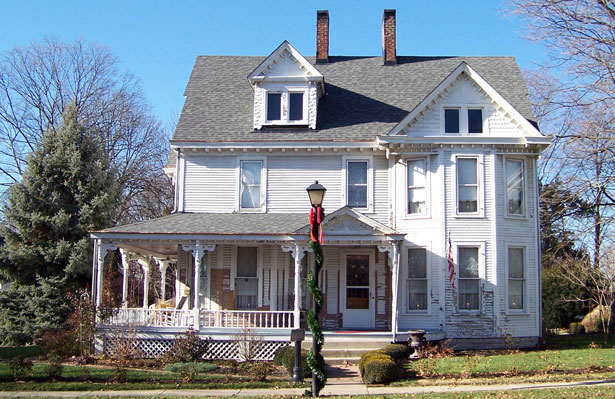
Consider the Architectural Style of Your Historic Home
The renovation of a historical house can differ significantly from one house to the next. This is especially true when it comes to floor plans and windows. If you are restoring a historic property, you may even want to consult with a local architect to help you determine the best way to restore the property. The architect will have experience with the historical home and can help you figure out the best ways to preserve the integrity of the building while changing the look and feel of the house to fit its surroundings.
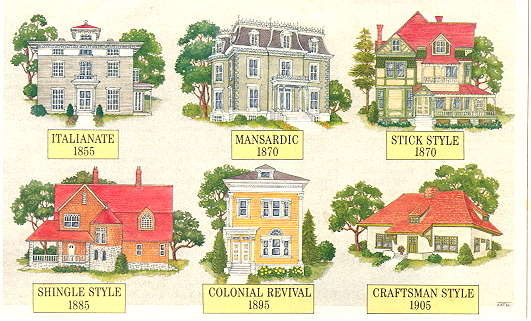
Prepare For Unexpected Expenses
Any time you are restoring a historic home, you are going to encounter unexpected costs. Such costs might include hiring a contractor to rebuild parts of the house, repairing or replacing plumbing or electrical systems, or even remodeling the interior or exterior of the house. If the cost of a renovation is greater than the amount of money you borrowed for the project, you could run into trouble before completing the project. Do your homework ahead of time and get estimates from several contractors. This will prevent you from falling into this trap.

Conclusion
When it comes to restoring a historic home, many homeowners do not realize the huge benefits that come with restoring your historic home once you consider everything you need to before you start. Restoring a home to its pre-historical value requires years of research and hard work, and many homeowners are unsure about what steps to take first. Make sure you do research online to double check all rules and regulations for your area. Do not be afraid to call a historic home restoration professional and ask questions about starting your home restoration journey.
